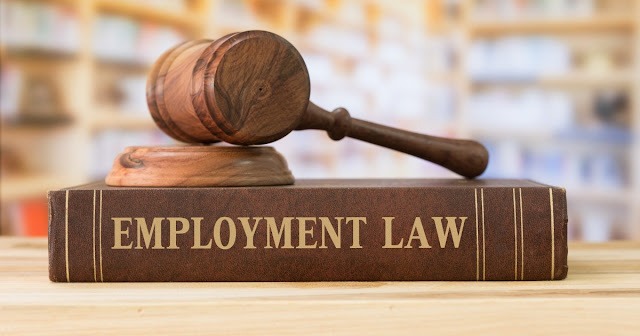Legal issues can arise when we least expect them, and when they do, having proper legal representation is essential. Whether you're dealing with a business dispute, criminal charges, or a personal legal matter, a qualified lawyer ensures your rights are protected and that you fully understand your situation.

So, what exactly is legal representation? It’s the act of having a licensed attorney act on your behalf, either by providing legal advice or by representing you in legal proceedings. This can include writing legal documents, negotiating settlements, or standing up for you in court. Their job is not just to speak for you, but to make sure you are treated fairly under the law.
One of the biggest challenges people face is knowing when they actually need a lawyer. A good rule of thumb is to seek legal representation any time you feel overwhelmed, unsure about your rights, or when the outcome of a situation could seriously impact your life. This includes criminal charges, lawsuits, complex financial matters, or family issues like divorce or child custody.
Choosing the right lawyer is another crucial step. Start by identifying the area of law that applies to your case—such as family, criminal, or employment law. Then, look for an attorney with experience and a track record of success in that specific field. Ask questions during your initial consultation, and don’t be afraid to walk away if you feel uncomfortable or unsure.
Keep in mind that a good lawyer should be a partner in your legal journey. They should communicate clearly, explain your options, and involve you in key decisions. Legal representation isn't just about having someone speak for you—it's about being empowered to make the best choices for your future.
In summary, legal representation is more than just a service—it’s a safeguard for your rights and peace of mind. By understanding when and how to seek it, you give yourself the best chance to resolve your legal issues successfully and move forward with confidence.




